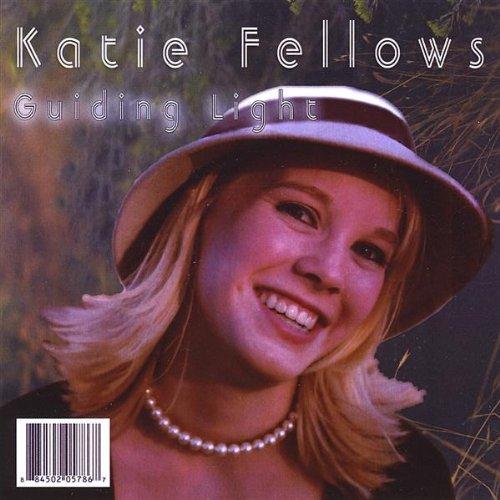
description
of capitalism as a system based on the production of more than what we need: pure excess. He argues that the promise of more--more wealth, more enjoyment, more opportunity, without requiring any sacrifice--is the essence of capitalism. Previous socioeconomic systems set up some form of the social good as their focus. Capitalism, however, represents a revolutionary turn away from the good and the useful toward excessive growth, which now threatens the habitability of the planet. Drawing on psychoanalytic theory, McGowan shows how the production of commodities explains the role of excess in the workings of capitalism. Capitalism and the commodity ensnare us with the image of the constant fulfillment of our desires--the seductive but unattainable promise of satisfying a longing that has no end. To challenge this system, McGowan turns to art, arguing that it can expose the psychological mechanisms that perpetuate capitalist society and reveal the need for limits. Featuring lively writing and engaging examples from film, literature, and popular culture, Pure Excess uncovers the hidden logic of capitalism--and helps us envision a noncapitalist life in a noncapitalist society.
member goods
No member items were found under this heading.
Return Policy
All sales are final
Shipping
No special shipping considerations available.
Shipping fees determined at checkout.







